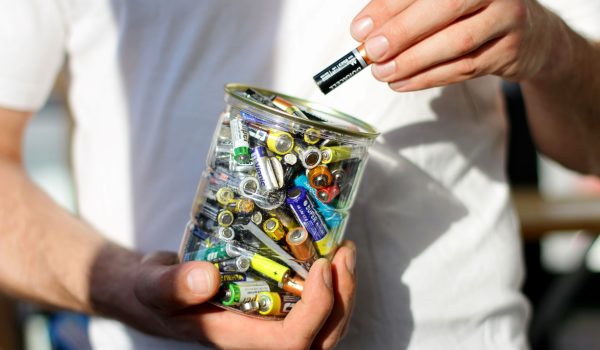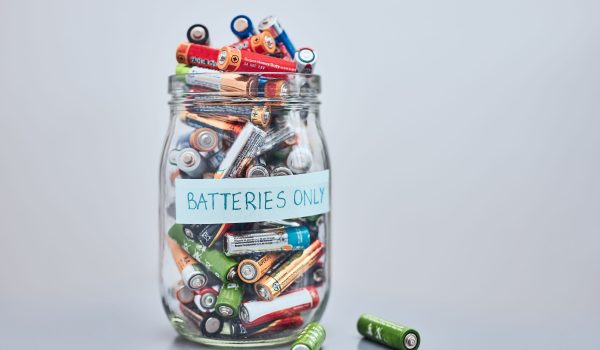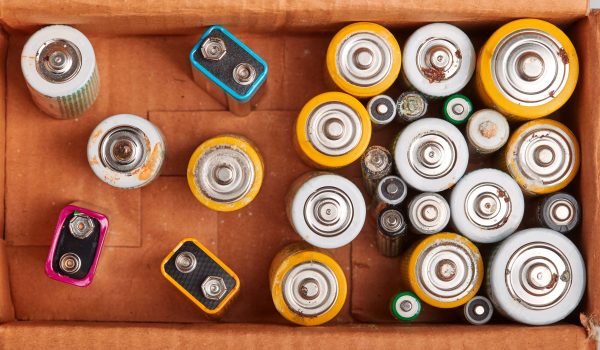ADR and collection of small equipment in modified IBCs
Commissioned by the NVMP, Wecycle has conducted research into a safer way to transport small devices and ICT equipment from the recycling centres to the transhipment locations. The transport of battery-containing devices is regulated by the European Agreement for the International Carriage of Dangerous Goods by Road, or ADR for short.
Increasingly, small devices and ICT equipment includes devices that are equipped with batteries as the primary energy source. This also includes lithium-ion batteries, which can cause short circuits and therefore fires if damaged. The waste sector as a whole also suffers from fires.
For a long time, no significant problems have been experienced with fires caused by short circuits in lithium-ion batteries. However, with the increasing use of lithium-ion batteries as the primary energy carrier, the increase in the power of these batteries and the reduction in size of the device in which they are contained, the risk increases further. This study examined the possibilities to reduce this risk. This exploration shows a modified Intermediate Bulk Container (IBC) as an interesting variant.
Other relevant publications
Dutch households and empty batteries
Annual survey into the knowledge, attitude and behaviour of Dutch households regarding empty batteries
Dutch Battery Flows Monitor 2020
This report delivers a baseline study for the portable battery waste flows for the year 2019
Universally binding declaration for waste management fee for portable batteries
Notification of the universally binding declaration for the waste management fee for portable batteries valid from January 1, 2024, to December 31, 2028







